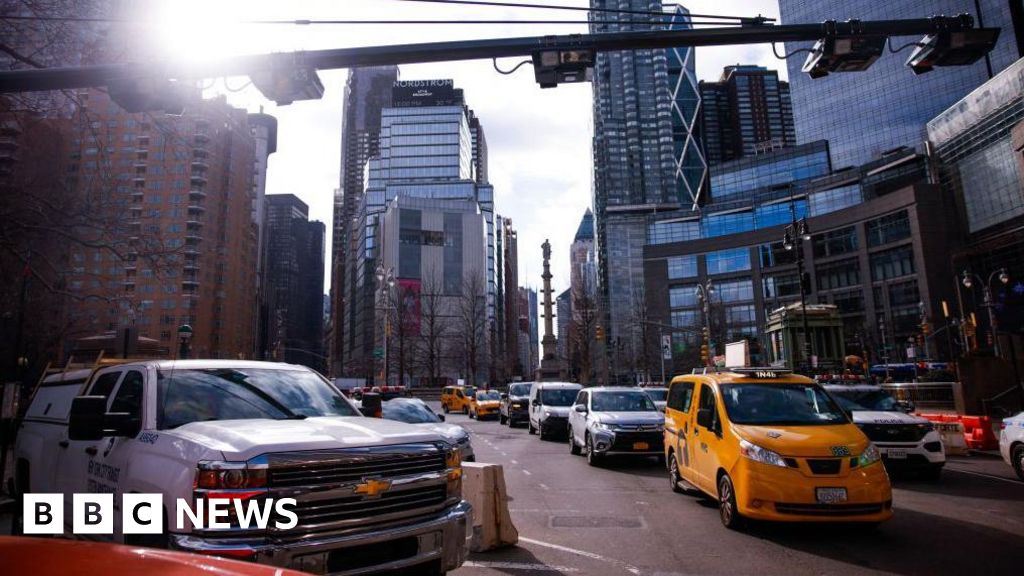- cross-posted to:
- [email protected]
- [email protected]
- [email protected]
- [email protected]
- cross-posted to:
- [email protected]
- [email protected]
- [email protected]
- [email protected]
Summary
New York City has become the first U.S. city to implement a congestion charge, with car drivers paying up to $9 daily to enter areas south of Central Park.
The scheme aims to reduce traffic and fund public transport but has faced opposition, including from Donald Trump, who has vowed to overturn it.
Fees vary by vehicle type, with trucks and buses paying higher rates.
Despite legal challenges, the initiative moves forward as New York remains the world’s most congested urban area, with peak traffic speeds averaging just 11 mph.



I don’t think we disagree about anything that isn’t a matter of opinion.
(But if making drivers pay for the streets is fair, wouldn’t making the people who use mass transit pay for it also be fair? The MTA spends three or four times as much as it collects in fares.)
I’m not a big fan of those other tolls either, especially since there isn’t any way to get across the Hudson River in a car without paying a toll unless you drive 160 miles each way to Albany. (In practice you would only need to drive 80 miles each way to pay a very low toll.) I’m currently considering some jobs in New Jersey and having to pay about $50 every time I visit my relative in NYC is definitely something I need to account for. It all makes me wish I was still living in New Hampshire.
You’d pay about $12 on mass transit ($2.90 PATH and $2.90 MTA in each direction), and the reasons for the government to incentivize one versus the other are numerous, not the least of which are safety, noise, air quality, and efficiency.
Indeed, it’s fun to talk things over even if we don’t disagree. My username is an old, nautical version of shooting the breeze, chewing the fat, etc. The tendency to see every interaction as verbal combat was slowly driving me off the red site even before the API fiasco, and Lemmy has been refreshing that way.